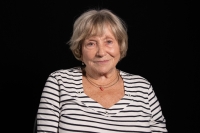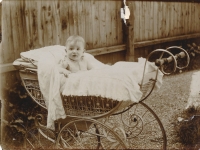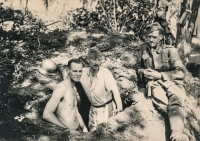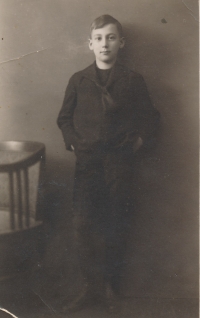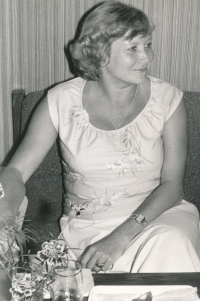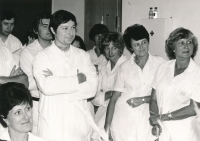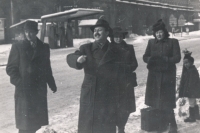The threat of expulsion hang above our heads like the sword of Damicles
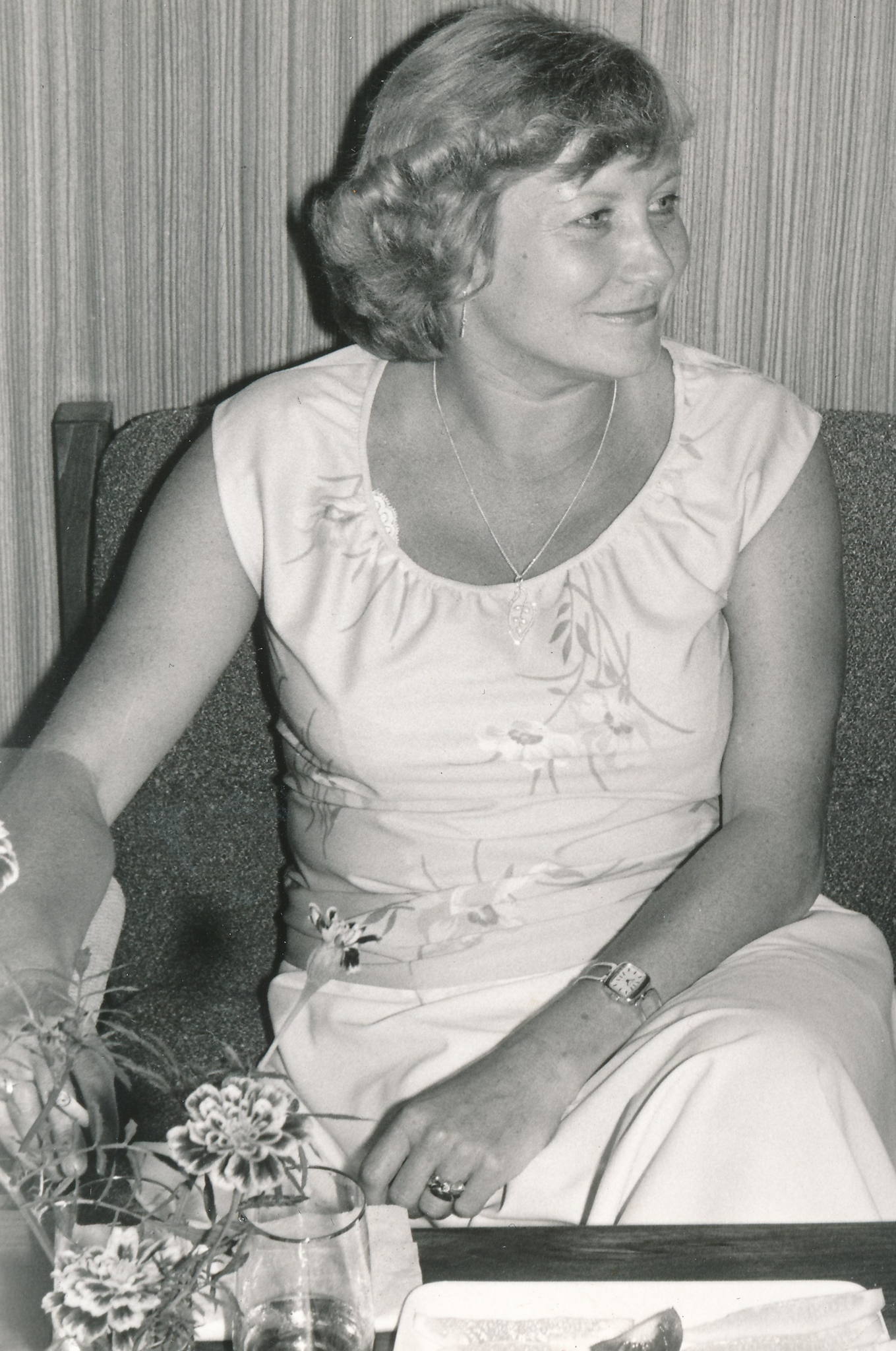
Download image
Jitka Helanová was born on January 26, 1937 and lived her whole life in Holešovice, in Prague. Her father Ferdinand Kölbl was Austrian, and her mother Růžena, born Dvořáčková, was Czech. After the Anschluss of Austria, the whole family got German citizenship, but her mother kept her Czech citizenship recorded in official documents. Her father was drafted into the Wehrmacht in 1942 and died within a year on the Eastern Front in the Battle of Voronezh. After the war, Růžena Kölblová, as the wife of a German soldier, was investigated and tried according to the Beneš Decrees, as well as being the victim of injustices from the part of neighbors. In the end, she was not expelled, mainly thanks to the fact that she retained her Czech citizenship during the war. However, the period of uncertainty and persecution left its mark on her psyche, and as a result Jitka suffered from anxiety as a child. Her relatives on her father’s side were not expelled, but they legally emigrated to Germany after the war. Jitka graduated from a business college and, after receiving her high school diploma in 1956, she joined the Central Union of Consumer Cooperatives as an administrative worker. From 1958 until her retirement, she worked at the Institute for the Research, Production and Use of Radioisotopes. In 1962, she married Karel Helan and they had one son. In the 1980s, they considered emigrating to her husband’s relatives in Switzerland, but in the end the decided to return home. After 1989, her husband’s family were given back an apartment building on the corner of the streets Dělnická and U Komunardů.
